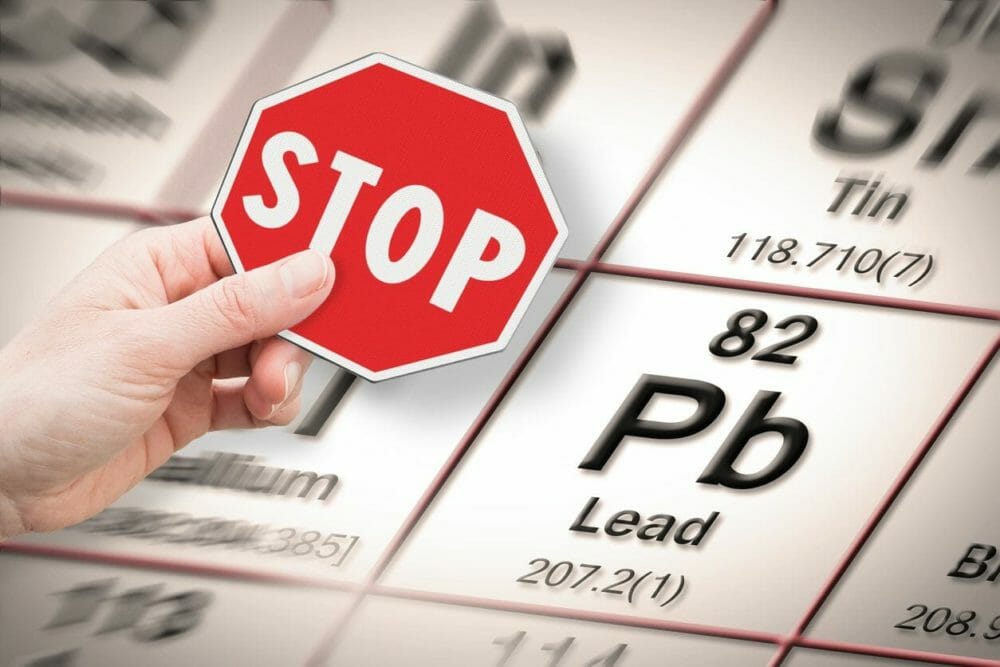There are two kinds of heavy metal in this world. One involves a lot of face paint and loud guitars. The other involves a not-so-leather-clad list of things like iron, copper, zinc, and aluminum. While Metallica during dinner might be an acquired taste, few consumers want their dinner with a side of arsenic.
But according to a few studies, they might just be getting that. Alarmingly, a 2019 report, Healthy Babies Bright Futures, concluded that 95% of baby food contains heavy metals. The report thrust heavy metals into the limelight catching the attention of Senator Chuck Schumer. He promptly tweeted about the need for an FDA investigation and stricter regulations to protect unsuspecting consumers.
“This is a massive global problem. All large food companies know about cadmium and arsenic problems in their food brands, including their products made with rice, chocolate, coffee, juice, etc.,” Xuemei Germaine, founder and CEO of microbial products startup MicroGen Biotech, told AFN. “Also, it’s well known by growers. In the Salinas Valley, all leafy green farmers know the severity of cadmium in their spinach. Current levels on average are 10-times or more the food safety limit.”
AFN can reveal that the Ireland-based startup, which has a microbial product tasked wit reducing uptake of toxic pollutants by crops, has closed a $3.8 million Series A round. The round was led by agtech investor Fulcrum Global Capital with participation from existing investors The Yield Lab Europe and SVG Ventures, the VC behind the Thrive Accelerator. MicroGen won the Forbes/Thrive IV program in 2017. It was founded in 2012 at the Carlow Institute of Technology in Ireland by Germaine, a molecular biologist whose resume includes Wyeth and Pfizer.
“We have developed a platform technology called constructive function microbiome that uses a microbe consortium. When applied to the plant, it provides the ability to block the uptake of heavy metals like cadmium and arsenic,” Germaine explains. “It also has a plant growth-promoting function and can be applied as a seed coating or spray.”
The new funding will be used to help the startup scale-up its business in China, strengthen its team, and expand its production while investing in product development. Its route to market will rely on ag input retailers for distribution and licensing. The company is now starting trials to get its product registered in the US, but the effort has been backlogged due to the pandemic.
MicroGen is hoping to gain some momentum on the back of increasing regulatory pressure forces food companies to tackle the presence of heavy metals. The EU and China have enacted tougher rules on heavy metal limits in foods in recent years. In China, where 19.4% of arable land is officially classified as containing pollutants, the country has put in place a national safe food and clean soil program to reduce heavy metals. The China Soil Pollution Control Law 2019 encourages the prioritization of bioremediation measures to prevent pollutants from entering food crops.
Alternative methods to restore soils and reduce heavy metals have either proven to be ineffective or are prohibitively expensive and/or dangerous to apply, such as lime and biochar.
“There is no current solution. What people try to do is phytoremediation where cropland is planted in trees or grass to pull heavy metals out of the soil and then the trees and grass are removed. Sometimes they try to add lime or biochar to absorb heavy metals but you can degrade the soil if you add too much lime and it costs a lot,” Germaine says.
Microbes are the star in many startups’ attempts to help farmers produce more food with fewer inputs. This appears to be one of the first instances where microbes are also being equipped to tackle heavy metal uptake in crops.





